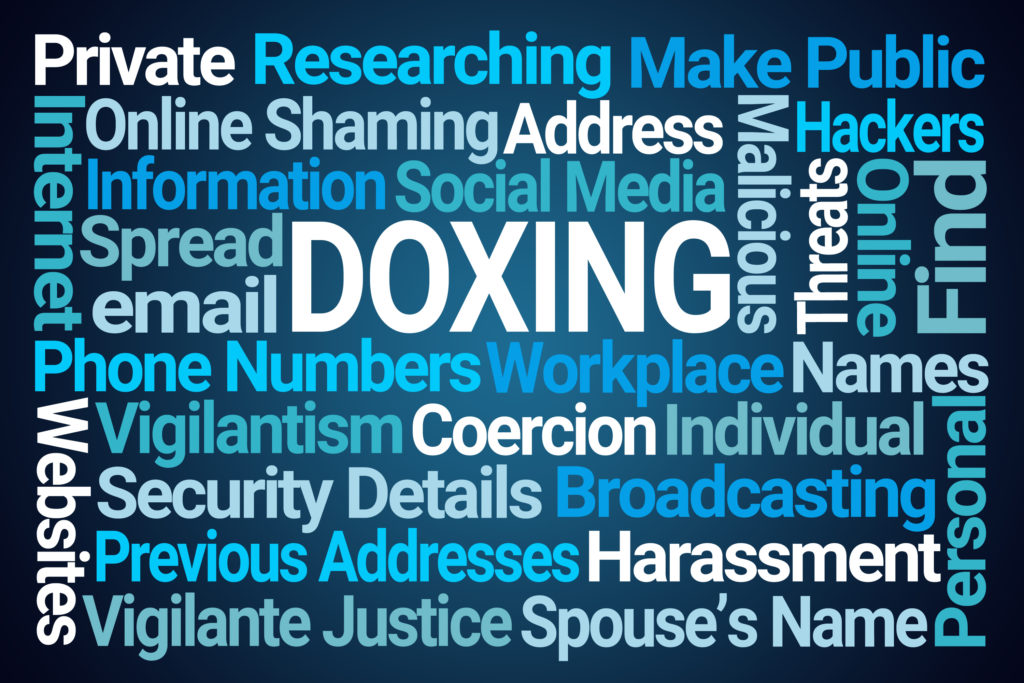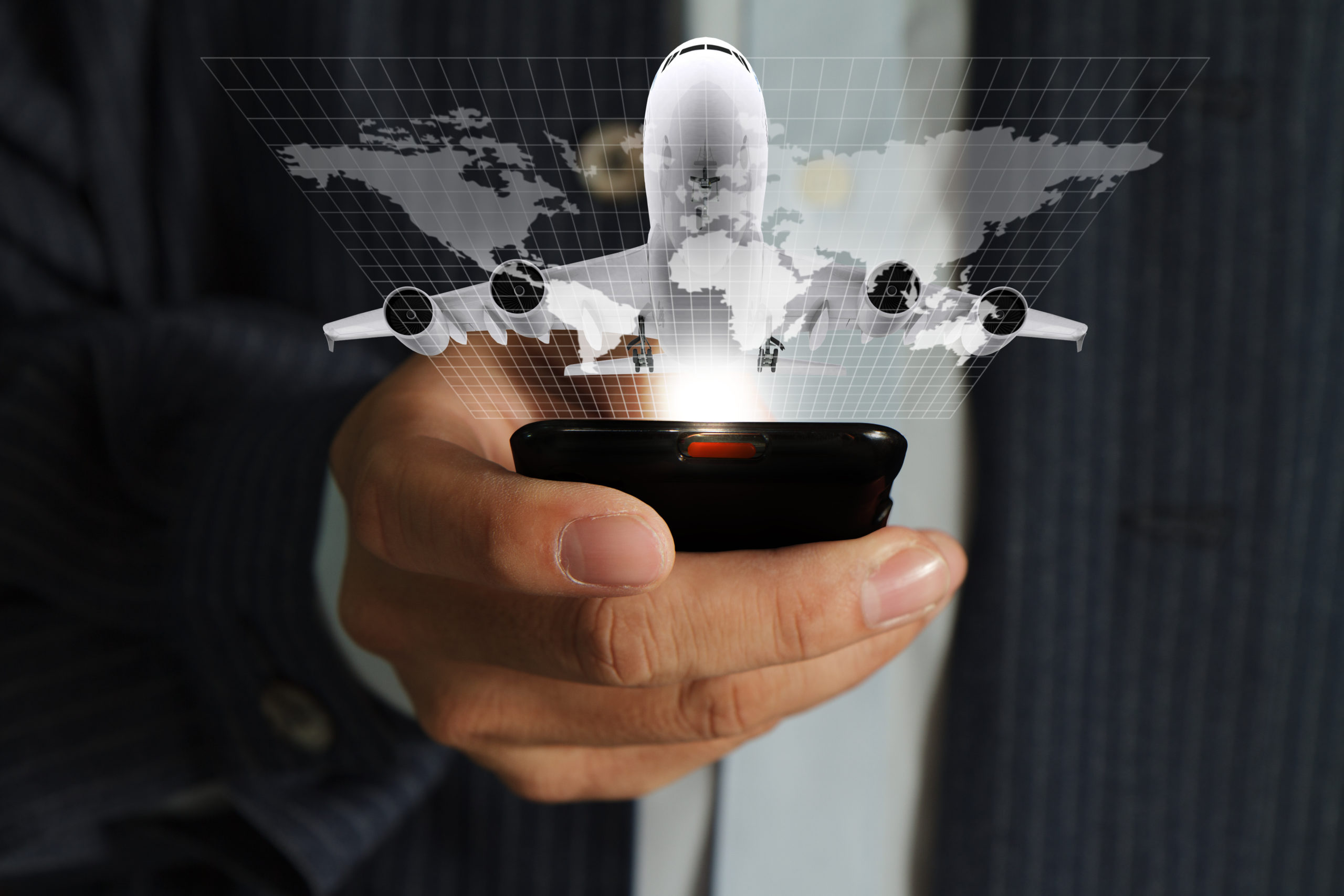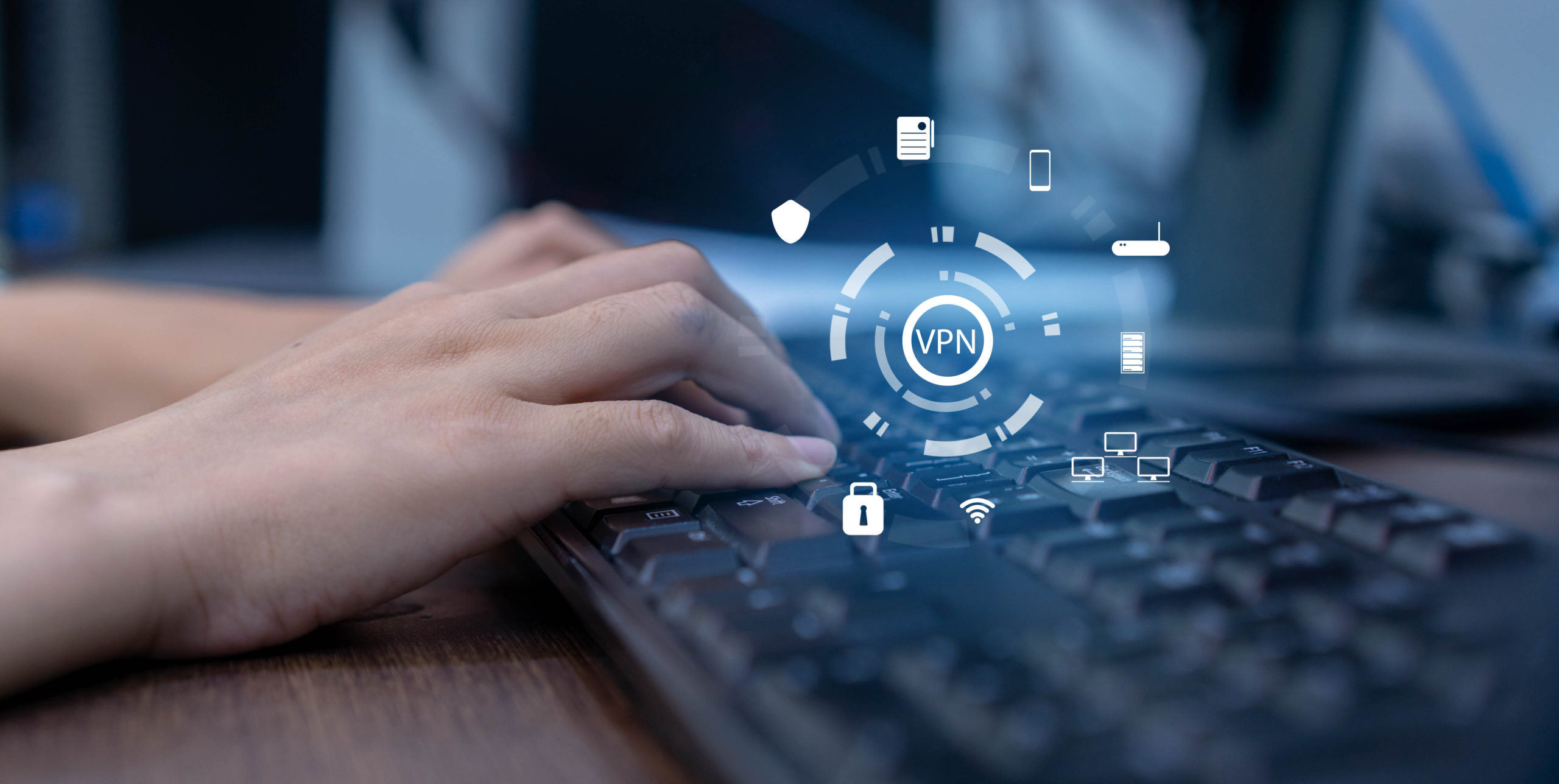What is Doxing and how to protect yourself?
We live our lives in the online world and reveal a lot of personal information knowingly or unknowingly through the photos we post, statuses we share, etc. Our private information is all over the internet. Someone can use it against us. In this guide, we will explain what Doxing is and how to protect yourself from it.

What is Doxing?
In our days, you can’t say what you want, although you have freedom of speech. Some things are not to be said. When you say something regressive or impacting your family, business, or society, you can fall prey to doxxing. Be careful in stating your opinions.
Doxing (or “doxxing”) is a technical term derived from data security. The name is derived from the English words “docs” for documents and “tracing” for tracking. It describes the meticulous and systematic, but illegal, search for victims’ personal data, such as full names, addresses and private telephone numbers, in publicly available online databases, websites or social networks. This data is then published on the Internet — without permission and without the knowledge of the victims and with the intention of harming them. As doxing violates the personal rights of those affected, it is often used in the same way as cyberbullying, i.e. bullying activities on the internet.
The beginnings of doxing come from the 1980s. At the time, it was mainly used to prank an Internet user.
Who is targeted?
Today’s doxing is much more than that, since the stated goal of modern doxing is to negatively image or scare away well-known personalities, celebrities, and people with opinions and interests that the doxer doesn’t accept. Internet celebrities, which are followed by many people, must be silenced and intimidated using doxing. By deliberately publishing this data, the perpetrators give the impression that the victims are helpless against these attacks and that they feel fragile as a result of these attacks.
People who have been victims of doxing only find out after their data, some of which is very personal, is published online that it is now available to everyone. In January 2019, a thousand prominent German politicians, celebrities and journalists were spied on as part of a large-scale doxing campaign. But the phenomenon itself is not new: well-known YouTubers and bloggers, in particular, have been battling persistent doxers for years.
The different faces of doxing
In specialized circles, doxing is described as a technically simple form of hacking, since no programming knowledge is required. The job of the doxer is more akin to that of a detective who seeks out and steals relevant personal data about the target person from the massive data pool of the Internet — an activity that requires a great deal of time and patience.
Due in particular to the constant use of social networks and the increasing use of forums on the Internet, there are more and more sources through which the doxer can obtain personal data from the person or persons he is targeting.
This practice becomes dangerous when it goes further than creating a collection of personal data of the targeted person, and the doxer also has sufficient technical skills to be able to carry out a hacking attack. This can make data theft much more serious, since it would not only be a question of making the personal data of the persons concerned public, but also of using discovered security vulnerabilities for criminal activities.
How to protect yourself from doxxing
As mentioned before, Doxing has become possible because nowadays a lot of personal data is made available to the public via the internet or apps. But the Internet is now an integral part of our lives — regular posts on social media, blogs or YouTube are constantly disseminating data and offering new sources for finding personal data. However, most Internet users neglect to protect their data online, which makes it even easier for doxers to reach their target.
The following measures will help protect your computer against doxing and malware and thus contribute to data security. You should certainly take them into consideration to improve the protection of your own data.
Keep your software up-to-date, and choose a good anti-virus software
Software is constantly being developed and adapted so that it always remains at the cutting edge of technology. Errors and insecurities are combated thanks to updates.
Antivirus software is necessary to protect files stored on the computer from infection by viruses and malware.
Use two-factor authentication
Use multi-factor authorization for essential services and social networks. Two-factor authentication should be enabled whenever available.
Choose complex passwords
The most important measure for the users themselves is the creation of complex passwords as well as the permanent change of these passwords. Concretely, this means that it must be sufficiently long and consist of a combination of special characters, upper and lower-case letters. To be really secure, there are password manager software that help you with this.
Pay attention to the e-mails you receive
In the case of emails that land in your inbox and have an attachment, but the sender is unknown, you should not open the attachment. There is an increased risk that the attachment contains malicious software which spreads like a virus and “contaminates” the computer.
No social login on social media
Facebook offers the possibility for a user to connect to another service with his Facebook account. This exposes Facebook’s data, giving doxers access to a greater amount of data. It is safer to access both accounts separately.
Hard drive encryption
The most important data resides on a computer’s hard drive. Encryption techniques can be used in Windows to secure third-party access to sensitive data, which is then stored in container files. The new access can then only be done after having entered the password chosen by the user.
Publish little data about yourself
Data that has been published on the Internet or in social networks can no longer be completely deleted. However, if you publish only a few personal data about yourself on the Internet, you deprive the doxers of their base. If no data about a person can be found on the net, none can be collected and published later.
Use a VPN
Virtual Private Network (VPN) has all the features to hide your identity unless you reveal it. It has different encryption methods and tunnels through which your information is shared. You should use a VPN to protect your internet privacy and avoid doxxing. Never use a free VPN, that may sell your data.
Monitor your presence on Google
Google is your internet business card. In the personal and professional context, it is common for third parties to seek information about you.
- Regularly check your online presence on Google.
- Arbitrate what should or should not appear on Google.
- Clean up superfluous information.
Try Googling your name, phone number, home address and other private data and see what comes up. Set up Google alerts for this private data so you can be notified if it appears online.
Better protection through better security
If the victim completely withdraws from the Internet and social networks, the doxing has achieved its goal. But you must not let this happen to you. So, before leaving the field open to doxers, you should develop a strategy that allows you to better protect your own data and devices and thus avoid becoming a victim of doxing a second time.
You should place a higher priority on Internet security by taking the above security criteria seriously and applying them consistently. Thus, you can use the possibilities of the Internet without fear of becoming a victim of doxing.

